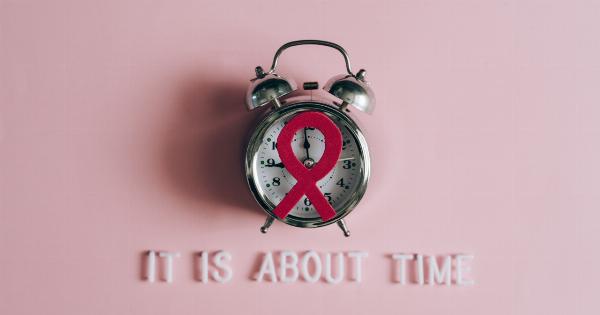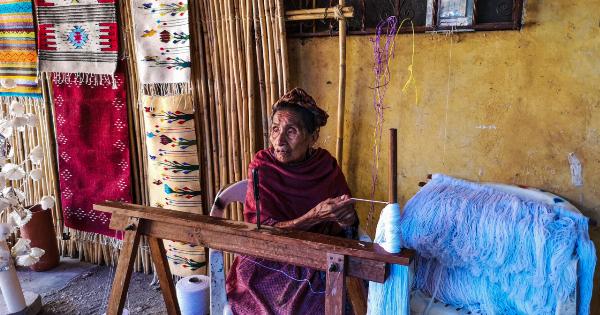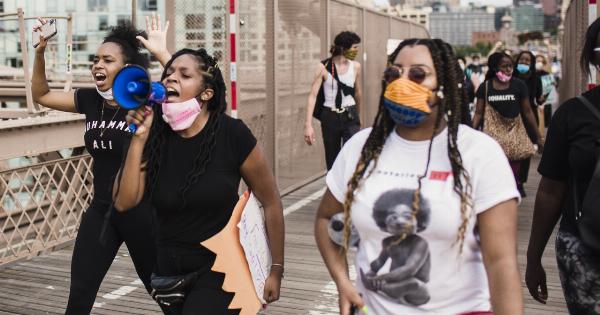For centuries, women have been treated as objects meant for the sexual pleasure of men. From sex workers to enslaved women, the patriarchal societies around the world have made it clear that women can be purchased for their bodies.
The shocking history of women’s affordability for sex is one of exploitation, violence, and a long-standing belief that women are inferior to men.
The History of Sex Work
Sex work has been around for thousands of years, and it has always been regarded as a low-status profession. In ancient Greece and Rome, sex work was legal, and sex workers were often slaves or women from low-income families.
During the Middle Ages, sex work was condemned by the church, and sex workers were persecuted. However, brothels were popular in some countries, like England and France.
During the 19th century, as industrialization spread across Europe, the demand for sex workers increased. Many young women from rural areas migrated to cities in search of work, often finding themselves in brothels.
Prostitutes in the 19th century were often addicted to opium and suffered from various illnesses, including syphilis. Despite this, sex work was seen as a lucrative business opportunity, and many brothel owners became wealthy.
The Rise of the Global Sex Industry
The 20th century saw the rise of the global sex industry. With the advent of global travel and the internet, sex work has become more accessible than ever.
The sex industry is now a multi-billion dollar industry, with an estimated 42 million people globally working as prostitutes or engaged in forced prostitution.
The global sex industry is dominated by women, many of whom come from impoverished backgrounds and lack access to education and economic opportunities. The industry is also rife with exploitation and violence.
Forced prostitution, trafficking, and sexual slavery are all too common.
The Violence Against Women in the Sex Industry
The sex industry is not only exploitative, but it is also violent. Sex workers are often subjected to physical and sexual abuse by clients, pimps, or brothel owners.
Many sex workers suffer from post-traumatic stress disorder (PTSD) and other mental health issues as a result of the violence they experience.
In some countries, like Germany and the Netherlands, where sex work is legal, there are frequent reports of violence against prostitutes. In the United States, where sex work is generally illegal, sex workers have a higher risk of violence and murder.
The Stigmatization of Sex Workers
Despite the risks and challenges of the sex industry, sex workers are often stigmatized and discriminated against. In many societies, sex work is seen as immoral and shameful, and sex workers are shunned by their families and communities.
The stigma and discrimination that sex workers face can make it difficult for them to access healthcare, education, and housing. This discrimination also makes it harder for sex workers to advocate for their rights and demand better working conditions.
The Fight for Sex Workers’ Rights
Despite the challenges, many sex workers around the world are organizing to demand better working conditions, legal protections, and an end to violence and exploitation.
The fight for sex workers’ rights is gaining momentum, with organizations and activists pushing for changes in laws and policies that criminalize or stigmatize sex work.
One such organization is the Global Network of Sex Work Projects (NSWP), an international network of sex worker-led organizations. The NSWP advocates for the recognition of sex work as work and the decriminalization of sex work.
The Need for Systemic Change
The shocking history of women’s affordability for sex is not just a story of exploitation and violence but one that shows the long-standing impact of patriarchy on women’s lives.
Systemic change is necessary to address the root causes of gender inequality and to dismantle the structures that perpetuate the objectification of women.
It is time for the world to recognize the human rights of all individuals engaged in the sex industry and for societies to stop using women’s bodies as commodities.
It is only through collective action and a commitment to gender equality that we can build a world where women can live free of violence and oppression.





























